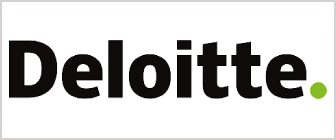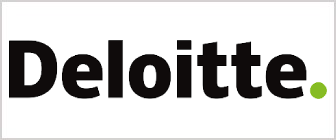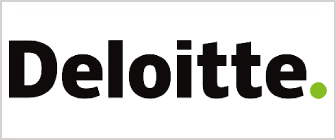What is the most significant change to your region's/jurisdiction's indirect tax legislation in the past 12 months?
The biggest changes to indirect tax legislation have been the introduction of electronic supplies of services (ESS) indirect taxation rules, which subject offshore digital services suppliers to local on-shore indirect tax.
How do you anticipate that change impacting your work and the market moving forward?
The rules in the region are diverse and varied, so affected companies need to keep up with the changes. A company serving customers across the region could end up having registration and reporting obligations in more than 10 countries, which increases the compliance burden for the indirect tax team. This sort of change means that companies need a networked firm that can bring them the details as they arise and can support them with advice and compliance solutions. Deloitte is ready to assist our clients and bring our wide network to enable the clients to be in the best position.
What impact do you see the COVID-19 pandemic having on your work, directly and on the wider tax environment, in both the short and long term?
Certainly, we will be working from outside the office much more than before and so will our clients, so virtual meetings are likely to be the norm now. From a business and economic perspective, there has been a clear shift to digital, which means ESS rules are very important. We are also expecting to see companies revisiting their supply chain models and revising their footprint in the region, so there will be changes in the flow of goods and services into and around the region, as well as, changes in corporate structures. Companies will need advice on customs matters and registrations, as well as compliance requirements.
Given the likely long-term implications of COVID-19 on things like remote working and digital retail, how do you see tax technology developing to accommodate this new reality and where do you think the next area of focus might be?
We expect that businesses will begin to look at their tax and finance functions, and look at how effective remote working is for these teams. That will likely drive greater focus on automation, analytics, and ERP functionality. Together with the coming move to cloud Enterprise Resource Planning (ERP), this is going to be a big area for indirect tax professionals over the next few years.
What potential other legislative changes are on the horizon that you think will have a big impact on your region/jurisdiction?
We are expecting that, as governments look at their debt levels, they will need to raise money. Tax rates, and especially indirect tax rates, could increase and tax authorities could be carrying out audits and raising penalties.
What are the potential outcomes that might occur if those changes are implemented?
Higher rates and more audits are going to make companies much more concerned about processes and data. They will need external help to look at their teams, determine whether they are doing the right things, whether they have the right skills, whether they are able to do everything that is asked of them, and whether they have the right tools to do it. They will need advice for all these questions.
Do you think that change will have a positive effect on both your practice and the wider regional/jurisdictional market?
There are positives and negatives in every change. Definitely, it will lead to more opportunities for our practice. But also, the regional market and the work that we do will definitely change. We need to make sure we have the right skills and have people in the right places in order to be able to support our clients. This will give us the opportunity to show the strength of our network.
What legislative changes would you like to see implemented that you think would have the most positive effect on your practice and the wider regional/jurisdictional market?
It would be great to see a more homogenous VAT system across the region, like in the European Union, so that businesses have a bit more consistency and, therefore, comfort that they were not missing anything. More realistically, I'd like to see rules on the publication of tax rulings, so that taxpayers could be aware of the positions taken by tax authorities.
Do you think something like that is likely to be implemented in the near future?
I don't think we'll be seeing an Asia-wide VAT system, although of course, tax authorities cooperate more now than ever before.
What have been the biggest developments in tax technology and where do you think the next area of focus might be?
The big developments have been in analytics and automation. I expect that we'll continue to see this, but with a focus on cloud ERP and how to effectively configure systems to be able to get the best data management, data analysis, and compliance automation positions for companies.



